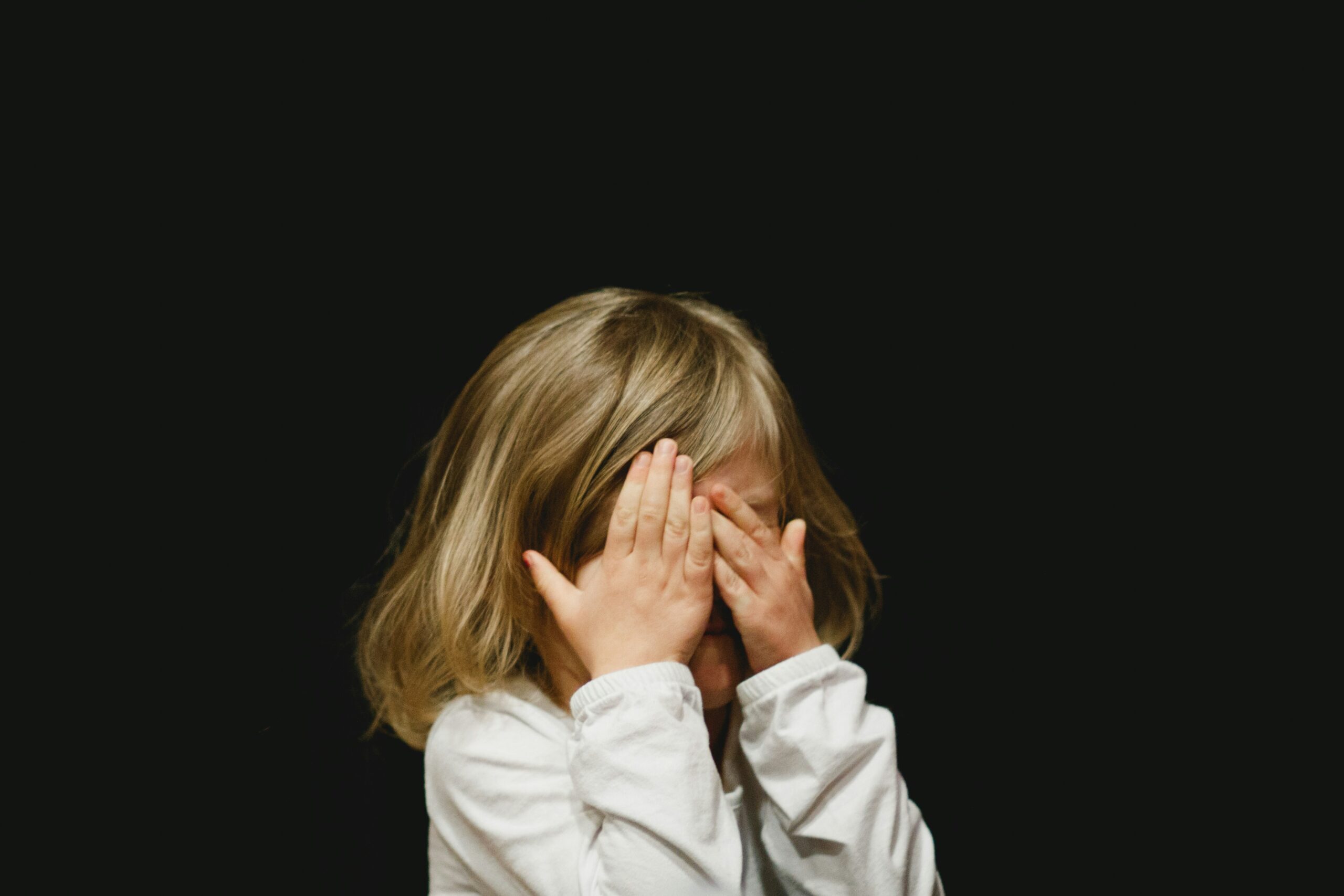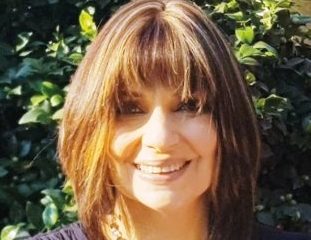
Featured Item

Child abuse activist sees “life-changing” Israeli trauma
“In South Africa, one in three children is a victim of sexual abuse,” says a renowned child abuse activist who cannot be named for her security. “This is something they’ve never seen in Israel.” That’s why after the horrific events of 7 October, she was determined to go to Israel and help.
Born in Israel to Holocaust survivors who later moved to South Africa, *Sara Levy is grateful that her parents insisted that she remain fluent in Hebrew, allowing her to share her rare set of skills in Israel. As the trauma of 7 October came to light, she was convinced that these skills could be of use.
A neurodevelopmental specialist and leading child abuse expert at various institutions, Levy also conducts medical forensic examinations on children who have been raped and physically abused and as such, is an expert witness in court.
Levy travelled to Israel at the end of November 2023 to help released hostages navigate their trauma. Though she ultimately didn’t meet them, she worked with survivors of the massacre at Sheba Medical Center. Speaking to the Women’s International Zionist Organisation’s Johannesburg branch on 10 April, she says the experience changed her forever.
Landing in Israel, she saw F-16s on the tarmac. “You realise very quickly where you’ve arrived,” she said. Within two hours of arriving at her sister’s home in Rishon LeZion, the sirens sounded. “It was like a sick joke. We live with so much crime in South Africa so you think, how bad can it be?” It was, in fact, the stuff of nightmares. Levy’ sister lives right behind an Iron Dome substation, which amplified the screeching sound of metal and explosions.
“I managed to get my mom, who was staying with my sister, into the safe room,” Levy said. “At one point, the noise was so bad, I literally fell off the bed and held onto my mom’s feet. That’s how scared I was. And I’m tough. I spend my days in court with rapists and murderers. So, imagine being a child hearing this all the time.” And that’s only those who didn’t directly experience the violence of 7 October.
“My trip was a watershed event in my life,” Levy said. Among the many lessons she learned from working in what was essentially a war zone was just how much the world hates us. “Yet, I didn’t realise that there was also so much love. The love that Jews have for one another is just immense.”
When she found out that the child hostages had already been examined and sent home, Levy changed course, and worked with other victims of the massacre. “We want to limit secondary trauma and so, the most important thing was to get these released kids back home back into routines,” she said.
“I didn’t know that one could experience such intense and intractable sadness and strength simultaneously,” she said. Her patients included the Bachar family, whose story has been widely shared in the media. Living on Kibbutz Be’eri, the father, Avida, hid with his wife and two of their children in a safe room when Hamas terrorists broke into their home. Avida and his 13-year-old daughter, Hadar, were the only two who made it out alive. Carmel, his 15-year-old son, and his wife, Dana, ultimately died of their bullet wounds while hiding in the safe room.
In spite of his heartbreak, Avida was inspired by the man who lay alongside him at Sheba, a rabbi who screamed in pain as his dressings were changed, but who kept saying thank you. The rabbi said he was grateful to G-d to have reached this point, and to have had this experience in spite of his suffering. “Avida internalised this, and said the fact that he had his wife for so long and his son for 15 years was what he was thankful for.”
Levy also spoke of the children she met. “I didn’t imagine that I could meet such courageous and broken children, the children who endured 7 October and would present with such intense and paralysing trauma. The intense separation anxiety, heightened intrusive thoughts, and flashbacks, are something we need to think about because this is how we’re now moulding these young brains. This is the future of Israel. You’ve got all this trauma, and these kids can’t process any of it because the trauma itself is blocking it.
“The lesson I want to highlight is how debilitating these emotions are,” she said. “The fear the horror, the anger, and the guilt – there’s a lot of survival guilt.” According to statistics from 7 October released by Channel 12 News, 84% of parents reported that their children were experiencing debilitating distress, and 64% reported that they had an intense fear and dread.
“So how are we going to rehabilitate these kids?” Levy asked. “What Israel did from the get-go was to start play therapy. They made sure the children got back to routine, allowing kids to be kids, encouraging play and sport. With my modest contribution, I was able to engage with parents and give them advice on how to help them cope in these situations. We want to minimise secondary trauma. Yet that’s the beauty of Israel, it’s the Jewish thing to do – that ability to rise up after breaking down.”
Levy stressed the need to rehabilitate children on both sides of the conflict to have any hope of healing. “The truth is, we aren’t just going to have to deal with children in Israel. We’re going to have to deal with children in Gaza as well. If we can repair all of our children, we’ll build healthy adults.”
*Sara Levy is not her real surname, but is used to protect her identity.










